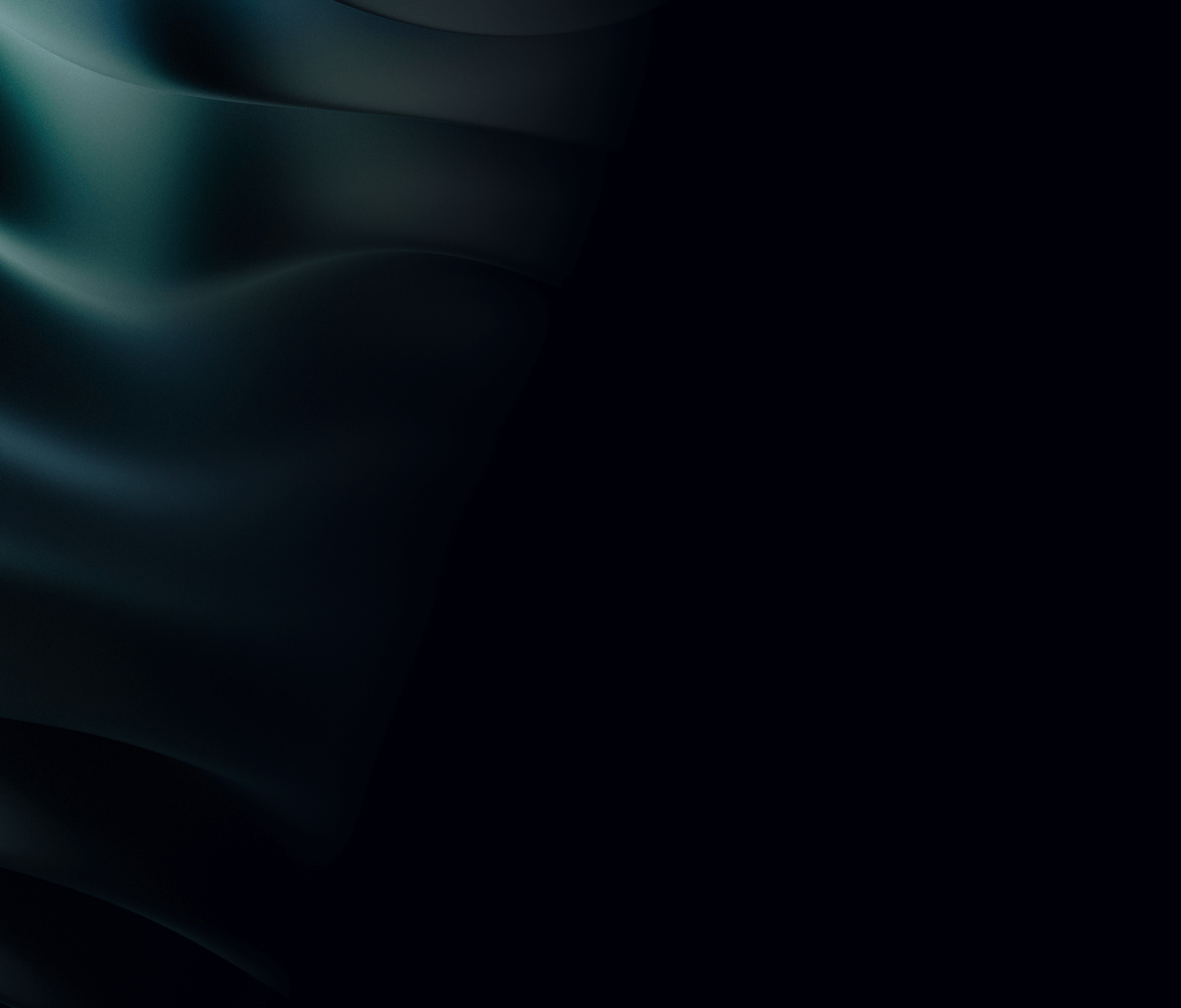In a landmark move towards cleaner food products, the vast majority of U.S. ice cream producers—representing over 90% of the country’s frozen dairy market—have pledged to eliminate artificial colours from their products by 2028. The announcement, made in partnership with the International Dairy Foods Association (IDFA), marks a defining shift in consumer demand for natural ingredients and clean-label products.
The commitment includes the removal of synthetic dyes such as Red 3, Blue 1 and 2, and Yellow 5 and 6, following the FDA’s recent ban on Red Dye No. 3 and a growing public movement for chemical-free food, spearheaded by figures like Robert F. Kennedy Jr. “The American people have made it clear—they want real food, without chemicals,” said Secretary Kennedy. “Together, we will Make America Healthy Again.”
This pivot away from synthetic additives is more than a consumer win—it signals a rising tide of opportunity for biotech innovators like Australian seaweed company SeaStock, which is at the forefront of developing high-purity, naturally derived pigments.
SeaStock recently announced a breakthrough in pharmaceutical-grade pigment extraction from Asparagopsis, a red seaweed species also known for its methane-reducing properties in agriculture. Their refined extraction method has achieved unprecedented purity levels, positioning SeaStock as a serious player in the booming global natural colourants market—forecast to reach US$3 billion by 2028, precisely when artificial colours are set to disappear from American freezers.
"To see the food industry moving toward natural alternatives at this scale reaffirms the importance of what we’re building," said Tom Puddy, Managing Director and Co-Founder of SeaStock. "Our work with Asparagopsis is not only helping the planet—it's now unlocking high-value, sustainable ingredients for major global markets."
As SeaStock continues to scale its production and optimise its cultivation of Asparagopsis, the implications go far beyond environmental sustainability. With the U.S. ice cream sector actively searching for natural colour replacements, companies like SeaStock, who can deliver both vibrant, stable pigments and environmental impact—stand to become critical partners in reshaping food manufacturing from the ground up.
From red seaweed to red velvet ice cream; this is what a clean-label future looks like.


